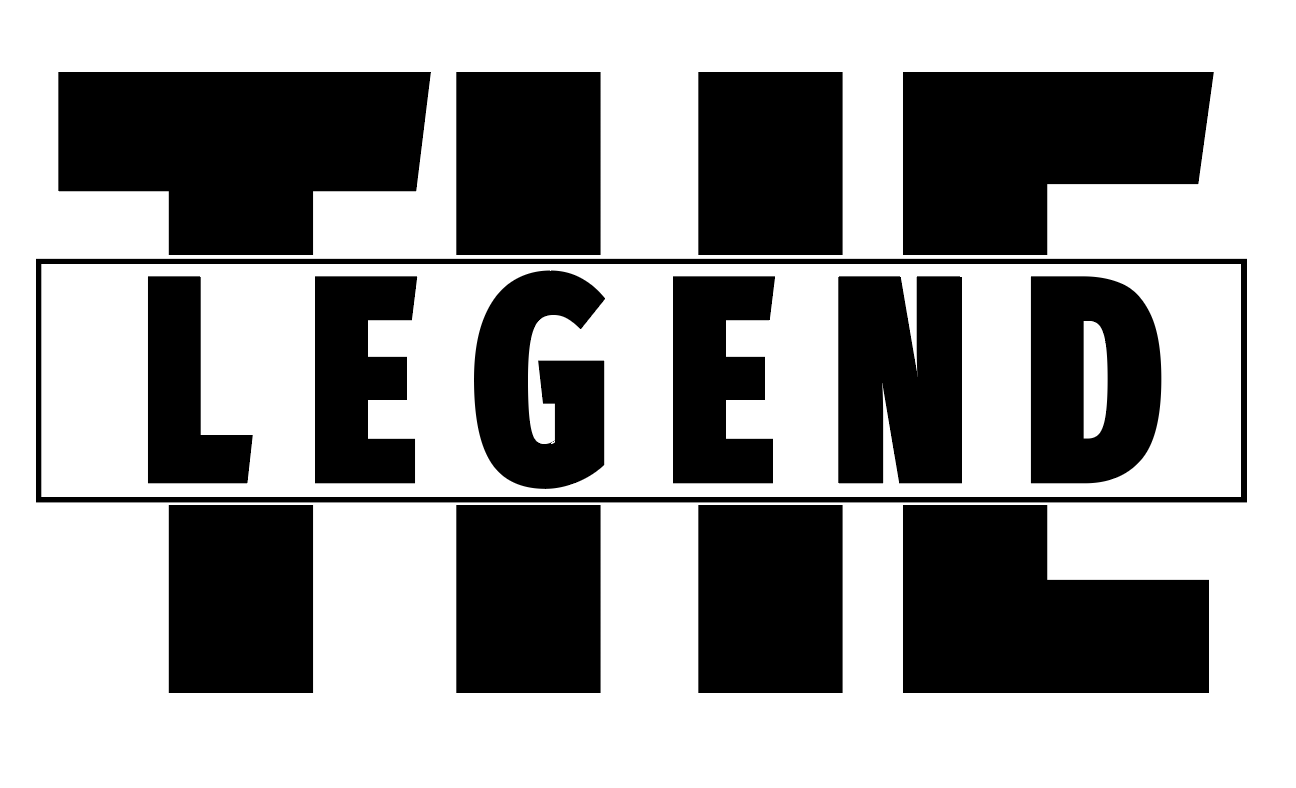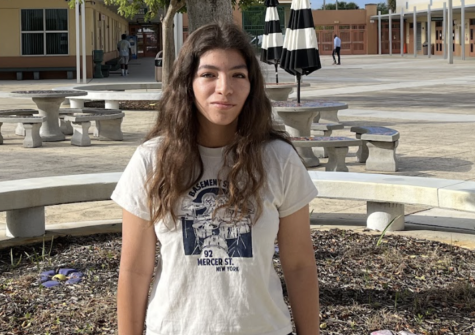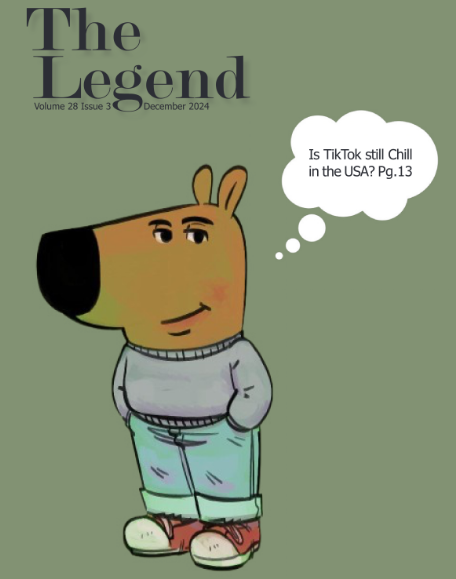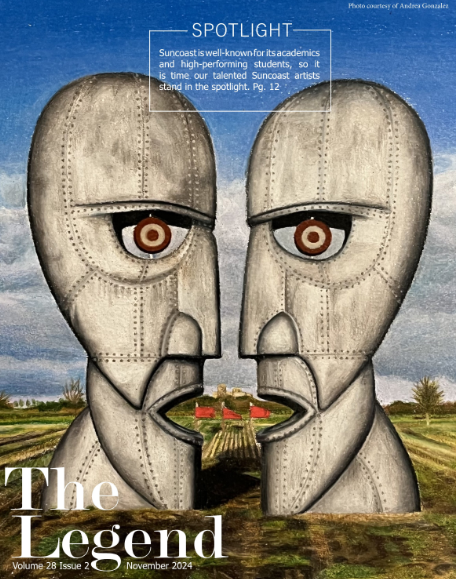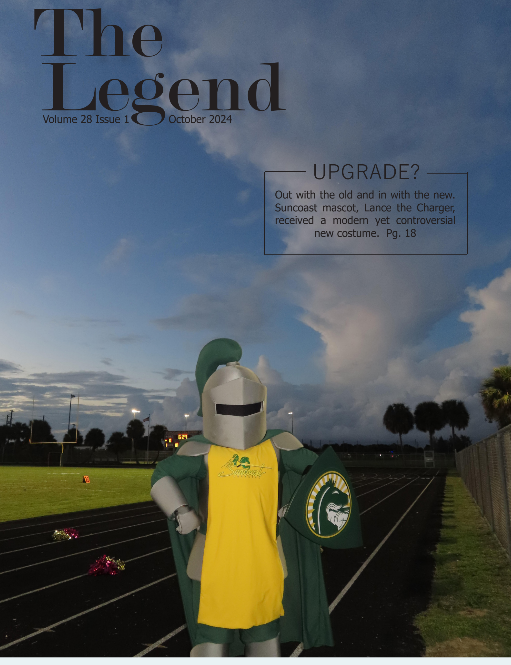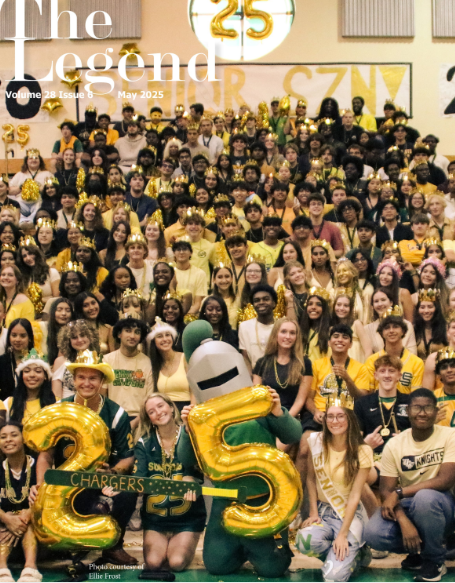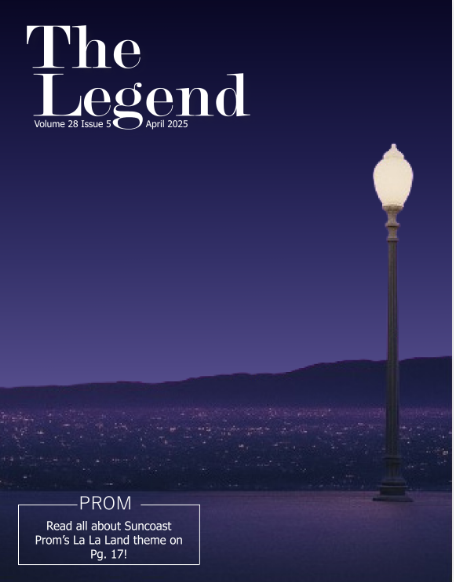Rising for Rewards
Is RISE making a difference on campus?

November 2, 2022
At Suncoast Community High School, Chargers are told to RISE. Chargers are expected to be respectful and responsible, inclusive, scholarly and empathetic. It is on flyers in our classrooms, it is on SIS reminding us of its presence and students hear it almost every morning through the PA, but does anyone really listen? The RISE matrix for behavior expectations aims to make Suncoast a better school; it started being enforced last year after coming back from online school. Every time a teacher sees a student following the system, they give the student a point. Depending on the amount of points students have earned and teachers have given, students can win a prize. The teachers also win prizes for handing out points. This encourages students to earn points and teachers to enforce the system. It is not the original intention of this new point system that is keeping it from making a difference on campus, it is how it is being promoted to the students.
Samantha Tovar Baron, a sophomore, claimed, “I am happy I won the lottery.” When asked how she felt about winning RISE points.
One of the flaws of RISE is, many people do not know about it because of how the system is being encouraged to students. Despite being constantly reminded of its existence, the idea of RISE is not getting across to students. Not everyone listens to the morning announcements and some people are not even at school to hear it yet. The flyers are just taped to one of the walls of the large classrooms, and students just ignore it.
RISE should get the message across to students without prizes, these prizes are not encouraging students to go beyond expectations for the benefit of the school. RISE are all traits students should strive for, but there is nothing really showing students why following this matrix makes a difference on campus. Instead of explaining the benefits of following RISE for all the students, the student with the highest amount of points wins a prize. The prize is not exactly sought after, but it sends the wrong message.
Students should be doing these for the benefit of the student body, not just themselves. An effective way to show students the benefits of RISE is videos showing the difference these guidelines make instead of presentations. The videos would get the message across faster because students pay attention more and watch the videos, this can be seen during pep rallies or WRSN. Videos might be more engaging for students and would clearly demonstrate the benefits of RISE.
“I feel that RISE has made the school year better, it allows me to have a guideline for the year and ways I can achieve them,” sophomore Amarice Aramouni, claimed.
It is important to have a guideline for the school year, and most students already follow these guidelines, but there has not been any changes on campus since the system started. RISE aims to make the campus a better place in all areas: it encourages cleaning up trash after lunch, participating in class and walking instead of running in the halls. After being enforced for almost a year RISE should have made changes. After the last bell rings, people are still running and pushing through the halls to get to their bus on time, and there is still trash being left out after lunch, with reminders to pick it up. RISE needs students to understand how following these rules would benefit them and the student body. The only people who are winning points are students who already followed the guidelines. Students who did not follow the guidelines would probably not change for a ticket to the snack bar.
In conclusion, the aim of RISE is a good idea, but the point system has not made any difference since it started being enforced last year. The idea of RISE should be promoted in a different way; the prizes might be a good idea but even if students know they are following the guidelines they are not always guaranteed the points. Students should understand the benefits following the guidelines provides for the school without doing it for a reward.
